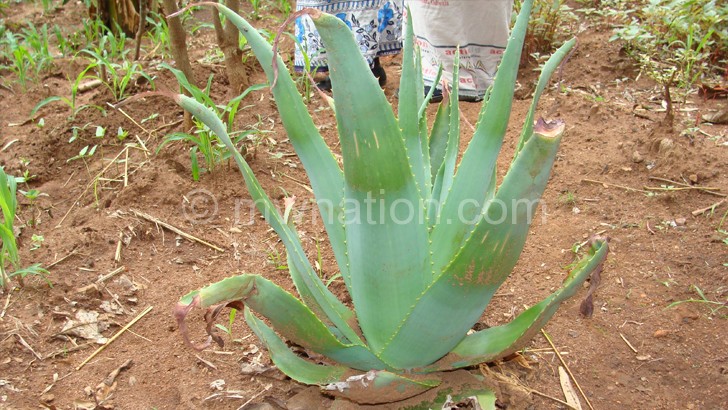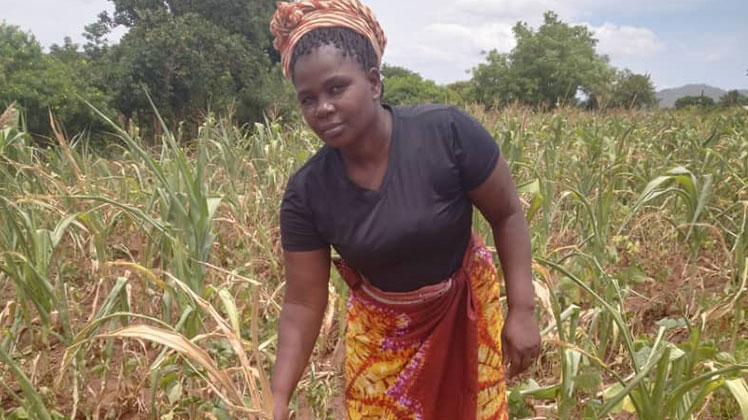Lost treasure in genetic resources
Although Malawi is signatory to protocols to protect genetic resources, ignorance is leading to loss of the natural wealth.
The country is a signatory of international treaties and protocols aimed at ensuring fair and equitable sharing of benefits from genetic resources between local communities and foreign exploiters. On June 10 1992 Malawi signed the Convention on Biological Diversity (CBD) and ratified it on February 2 1994.

The country also adopted the Nagoya Protocol on Access and Benefit Sharing (CBD) at the 10th meeting of the Conference of Parties to the CBD. The meeting was held in Nagoya, Japan in October 2010 and Malawi ratified the protocol in August 2014.
Among other things, the protocol says access to genetic resources is subject to prior informed consent of the provider country and that the users and the providers must reach an agreement on the sharing of benefits that may result from the use of the genetic resources.
Meanwhile, a local scientist has faulted Malawi Government for not doing enough to sensitise the masses on the protocol.
“Some people come in the name of research or friendship and they go away with our genetic resources, without giving any incentive to the rural communities or without following proper channels of collecting biological materials,” says Mzuzu University associate professor of chemistry John Kamanula.
“In many cases, the losers are the rural communities. We are losing a lot. In this case, it is them who are benefiting and not the government or the rural communities,” he adds.
Kamanula says civic education should be the first thing before the government talks about implementation of the protocol.
“Knowledge is power. Many communities, particularly the rural ones, do not know much or do not know about the Nagoya Protocol. I think sensitisation meetings in our local languages should be the first thing. Once they know, they will say what should be done rather than someone suggesting for them,” he explains.
Section 13 (d) of the Malawi Constitution emphasizes that the biological and genetic resources of the country are for the benefit of the citizens of Malawi.
Environmental officer in the Ministry of Natural Resources, Energy and Mining Mphatso Kalemba admits that the country has diverse genetic resources that currently have not benefitted the people of Malawi.
“To date, government is putting plans to ensure that the communities get the benefits from use of the genetic resources as stipulated in the Nagoya Protocol like developing regulations on ABS.
“It also intends to develop district procedures on handling ABS issues and plans to assist selected communities to develop community protocols on ABS,” Kalemba explains.
Sections 35 and 36 of the Environment Management Act give the mandate to the Environmental Affairs Department to process applications for export of genetic resources.
“Since the regulations have not been put in place, the current practice requires the applicant to apply for access to the different sectors based on their legislation,” Kalemba says.
She adds that issuance of an access and export permit will only be done if there is evidence that prior informed consent was obtained and mutually agreed terms were established.
“Each application for export of genetic materials should have a copy of the mutually agreed terms,” Kalemba says.





